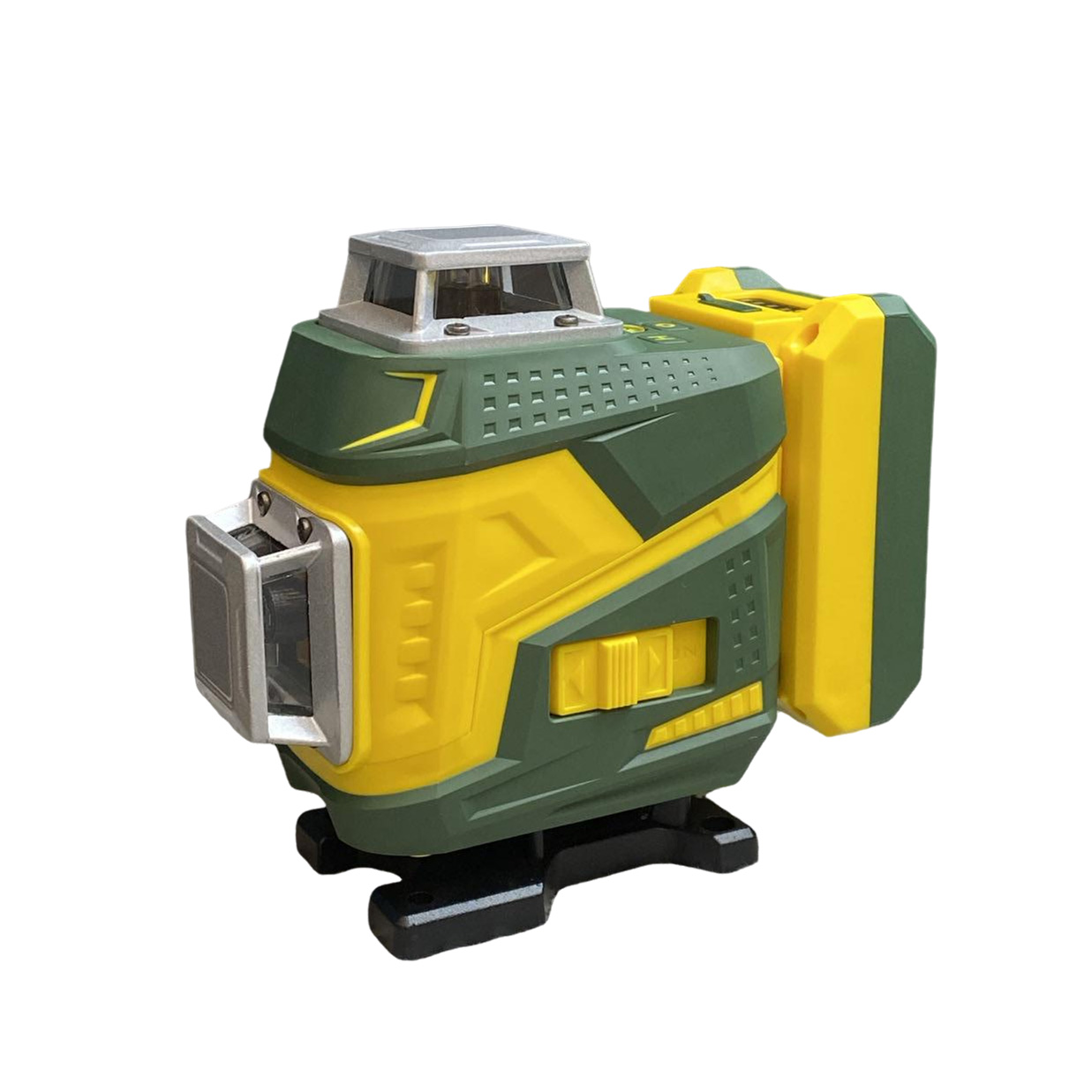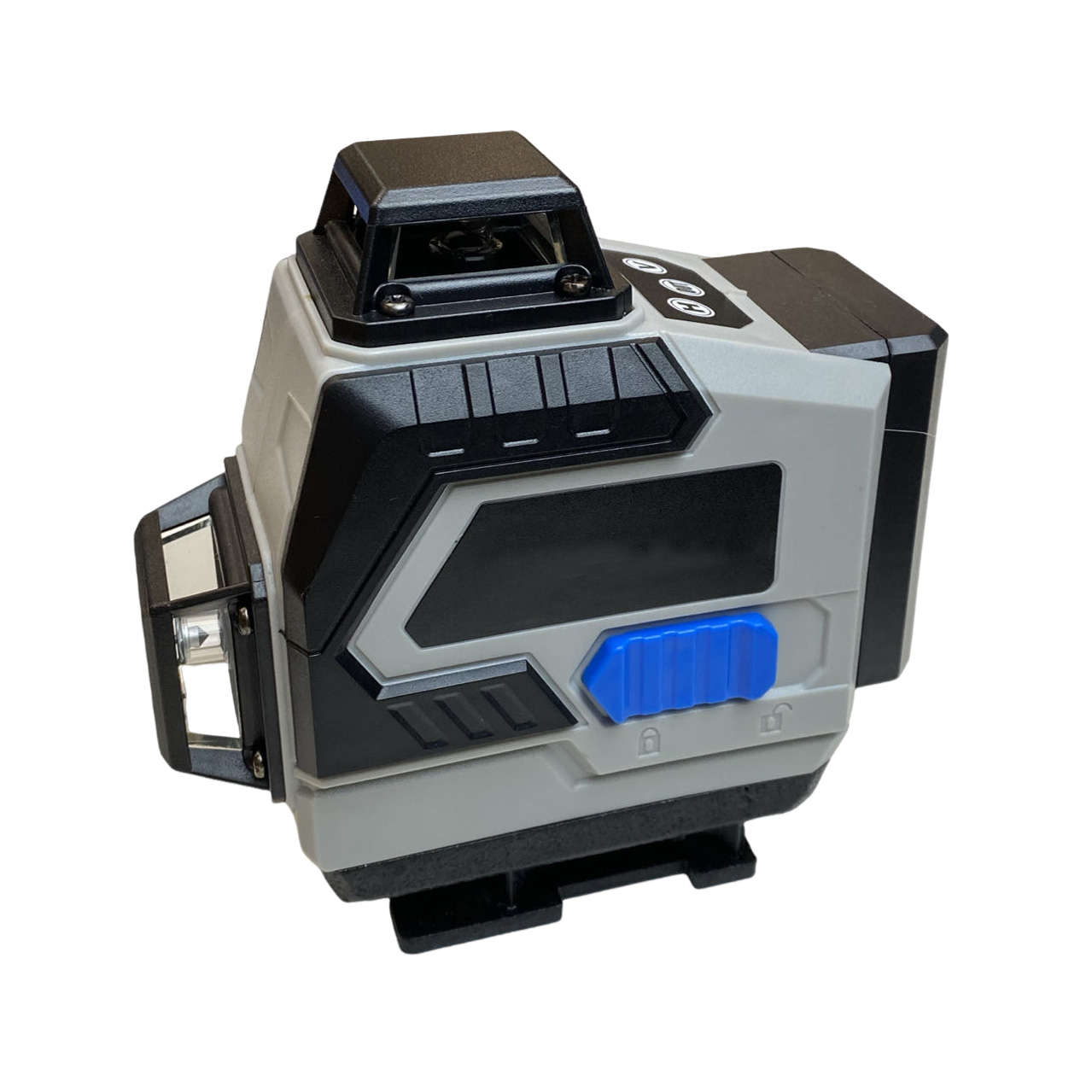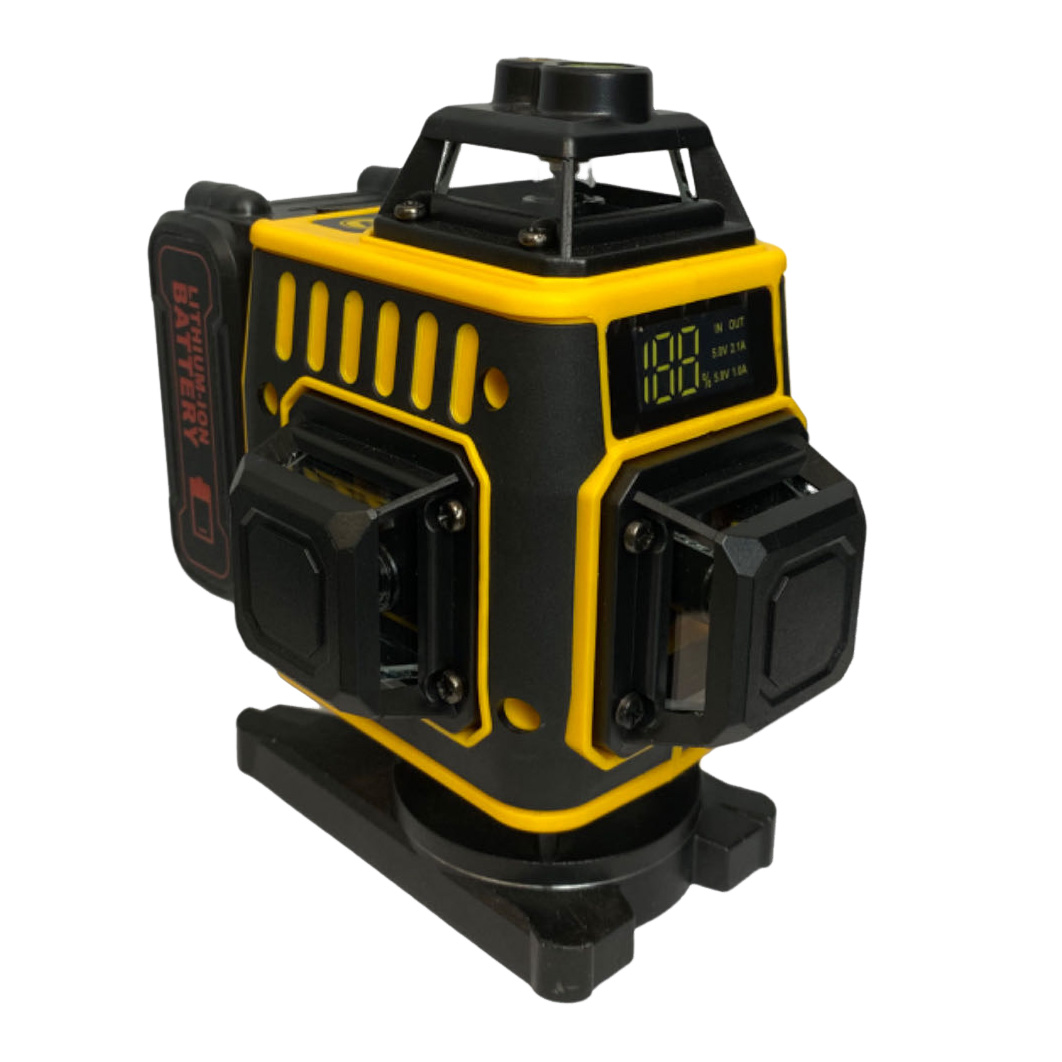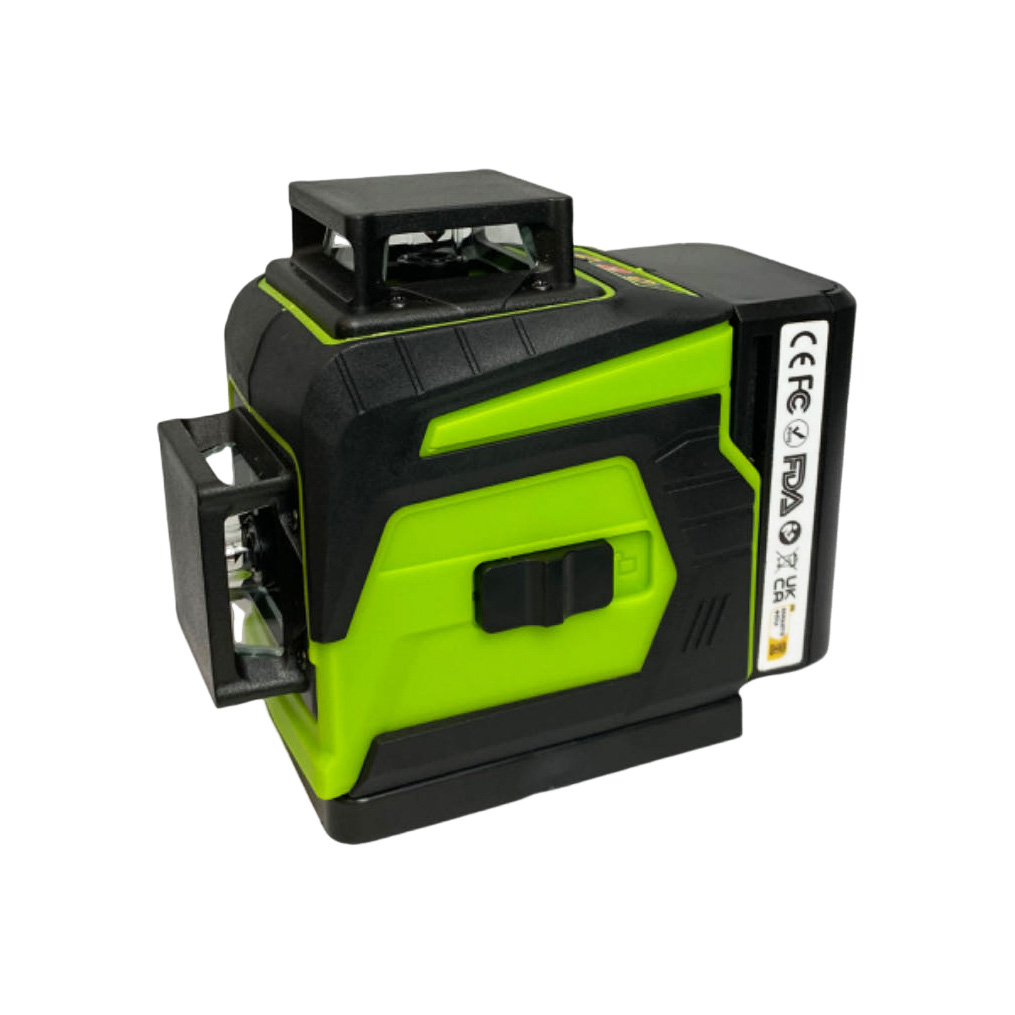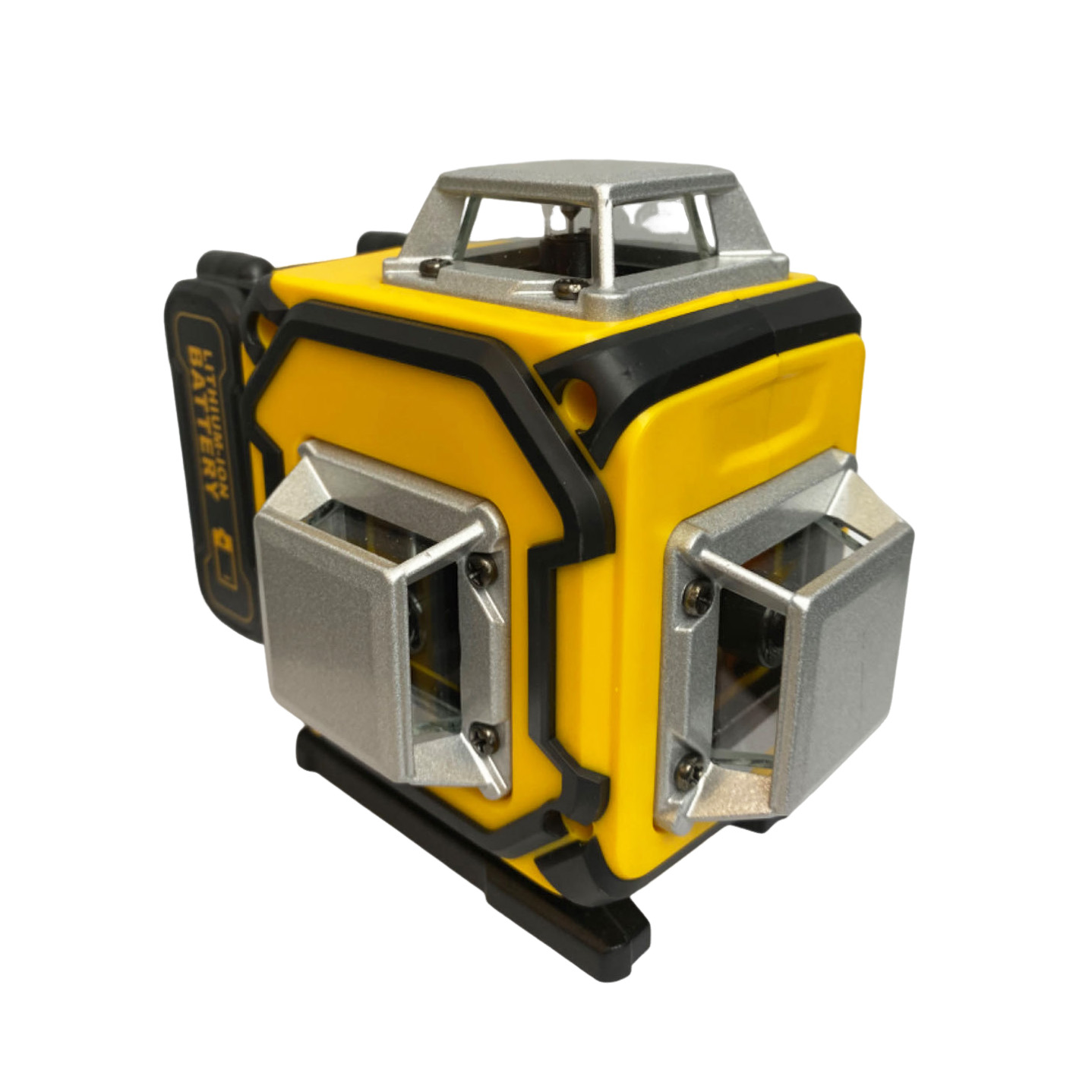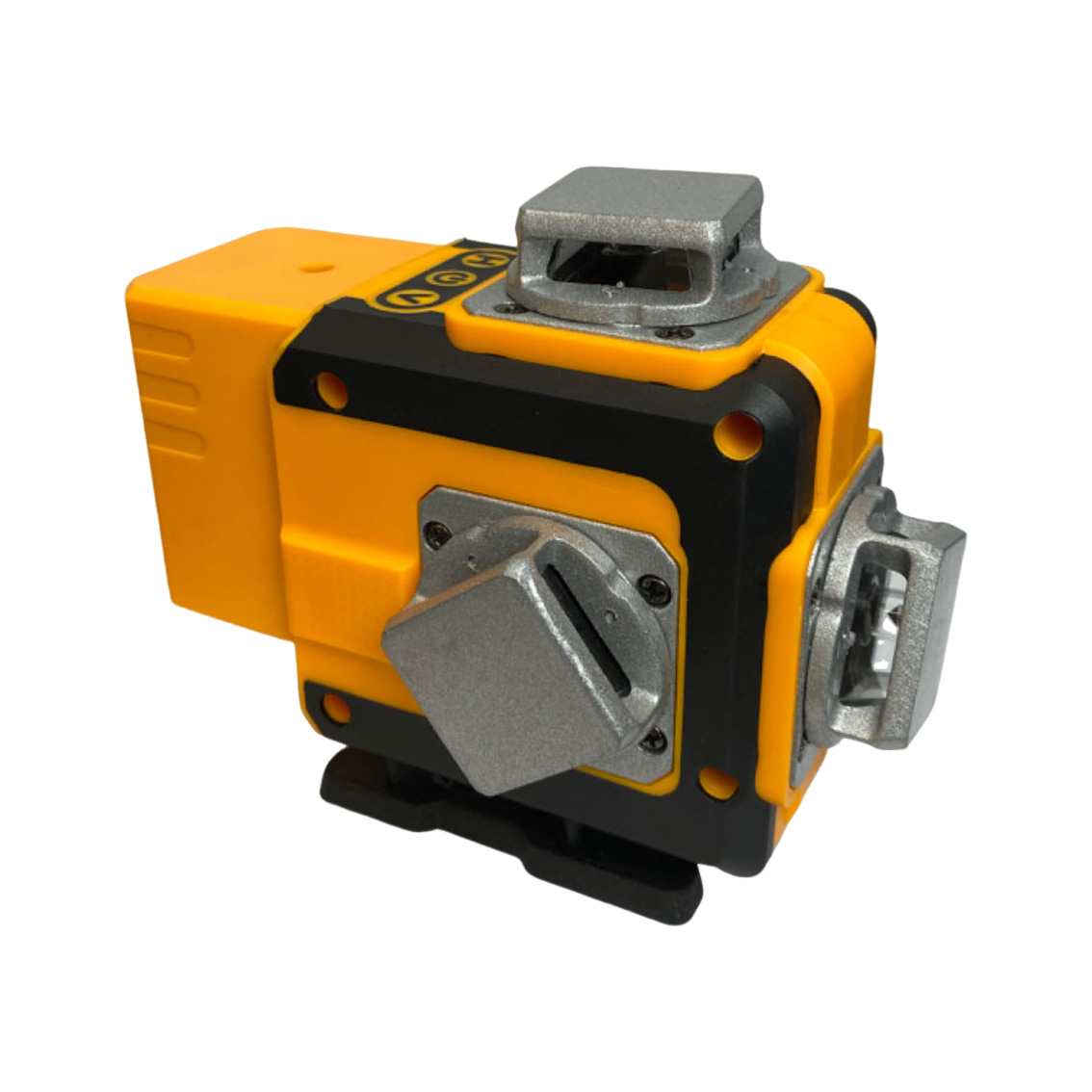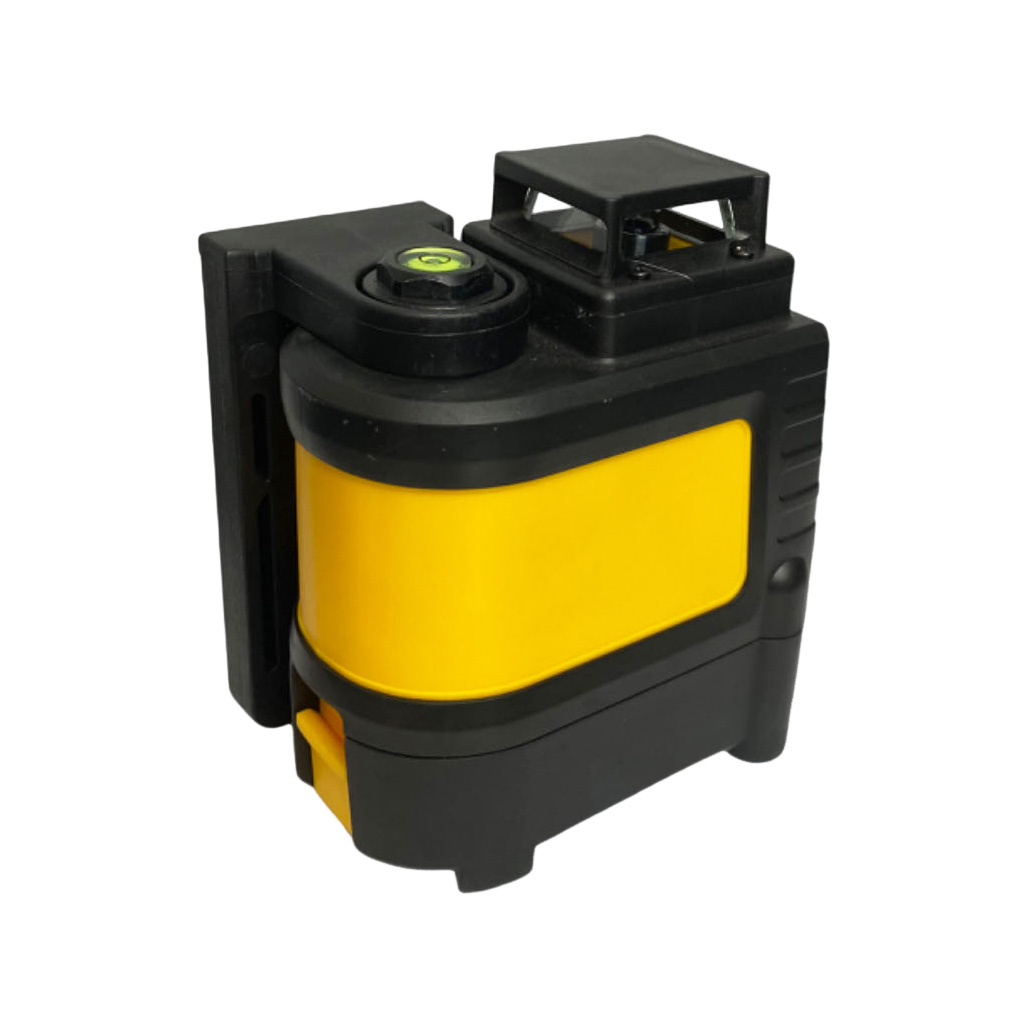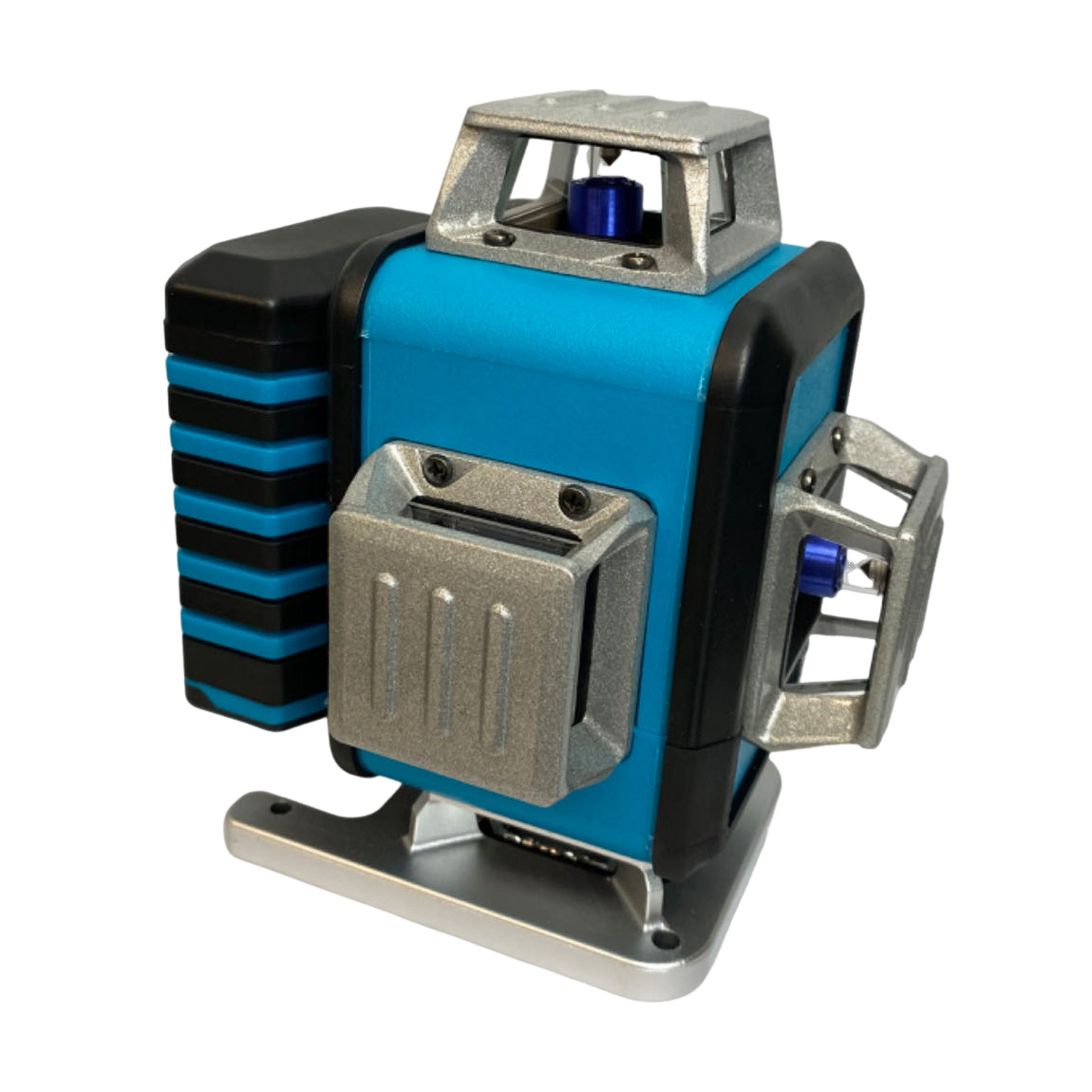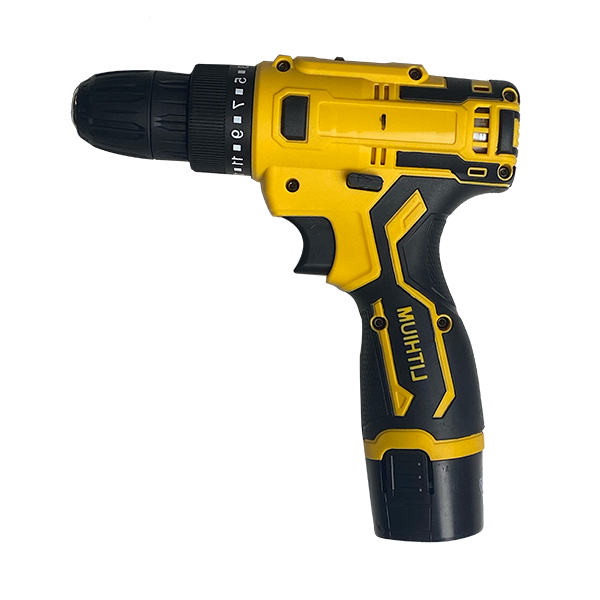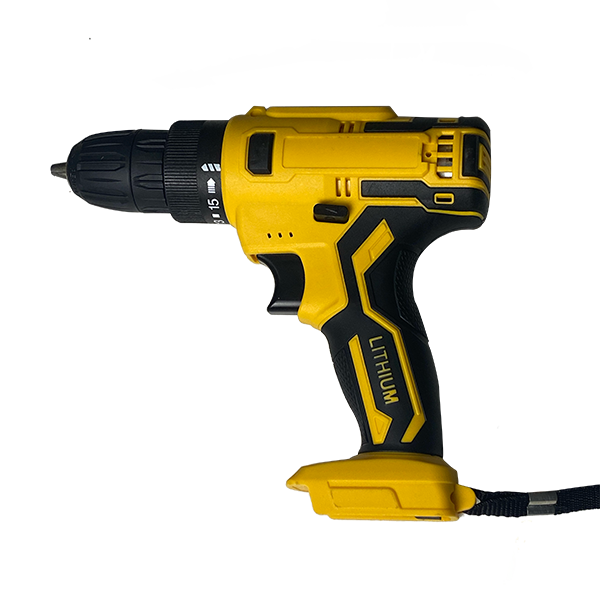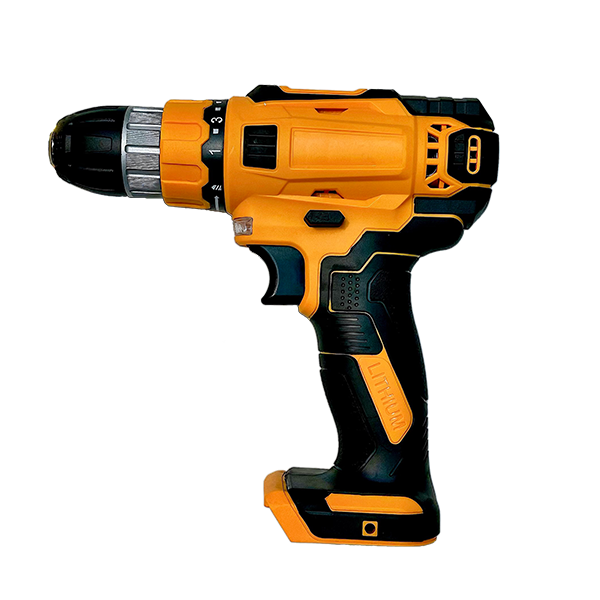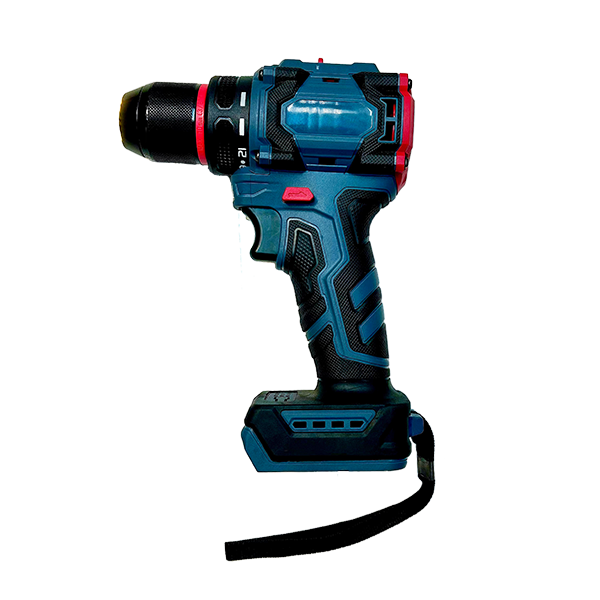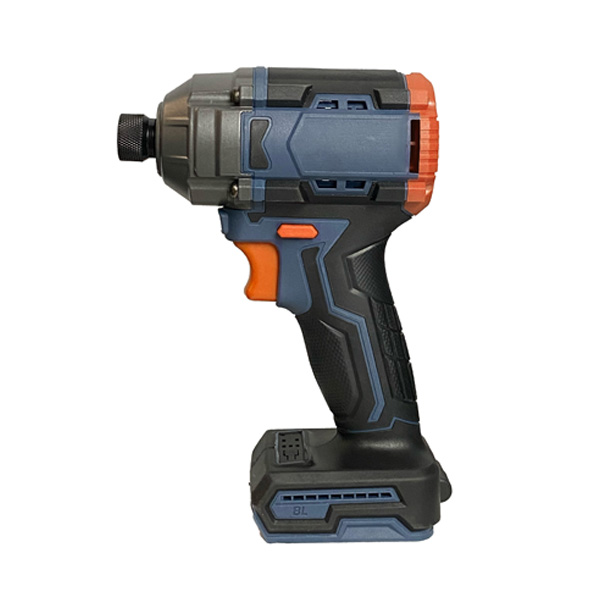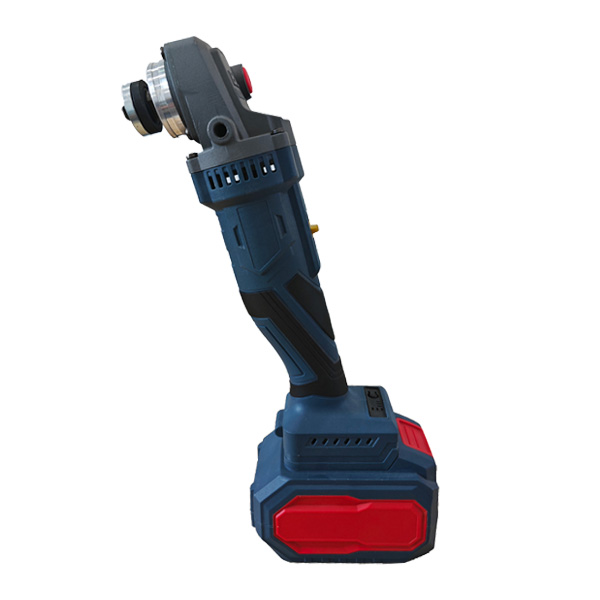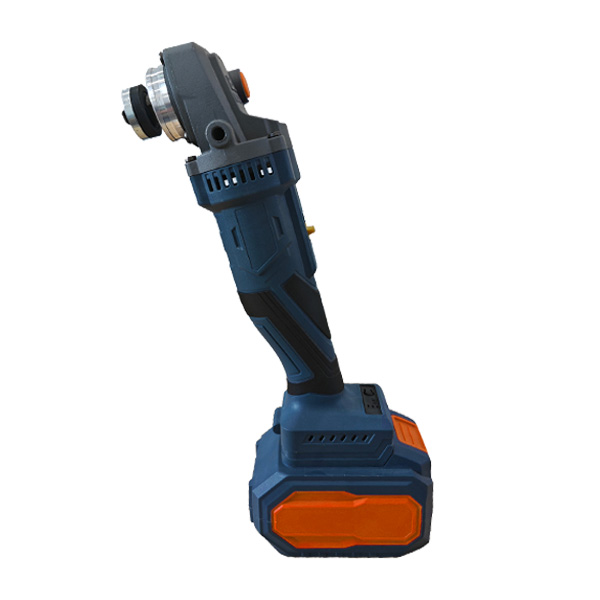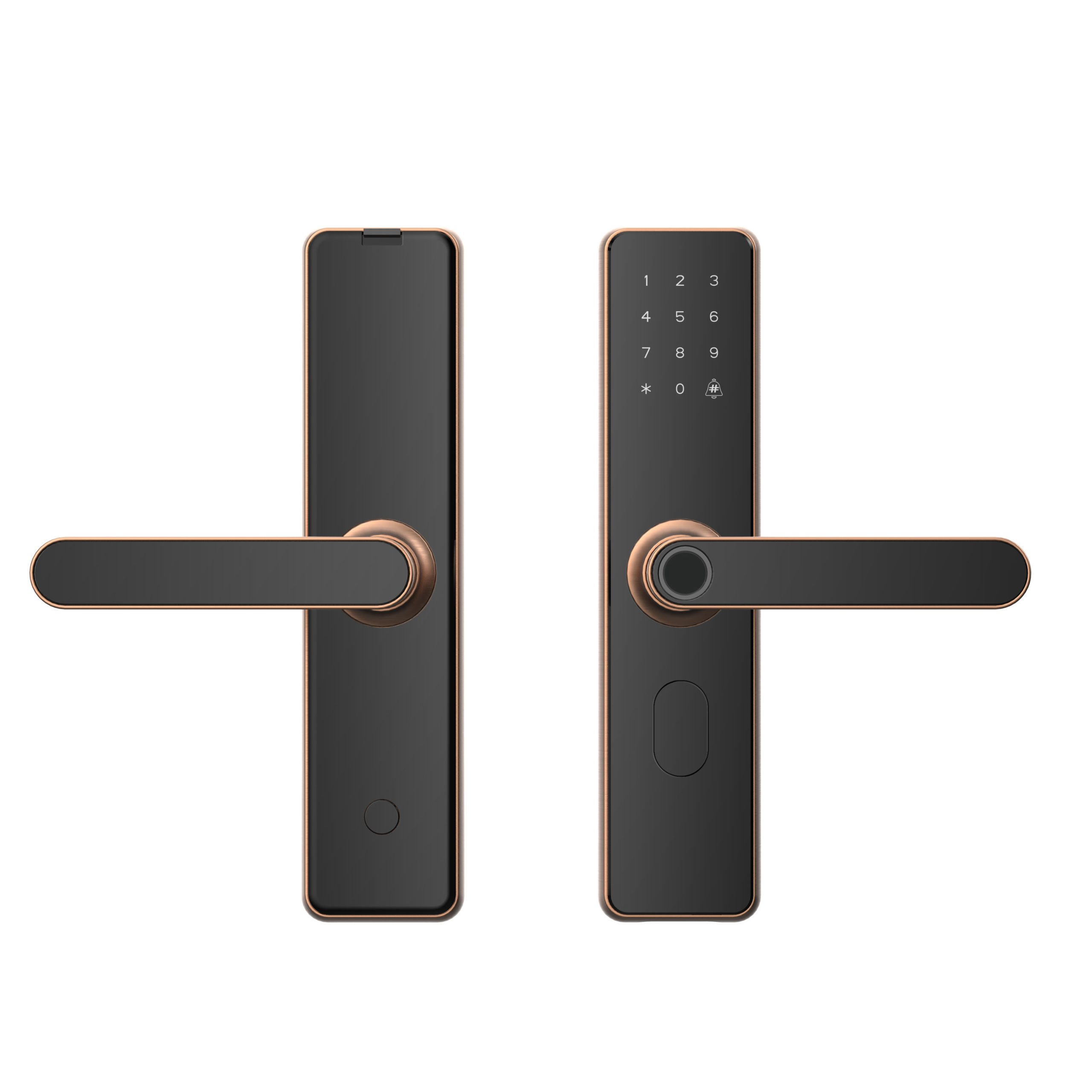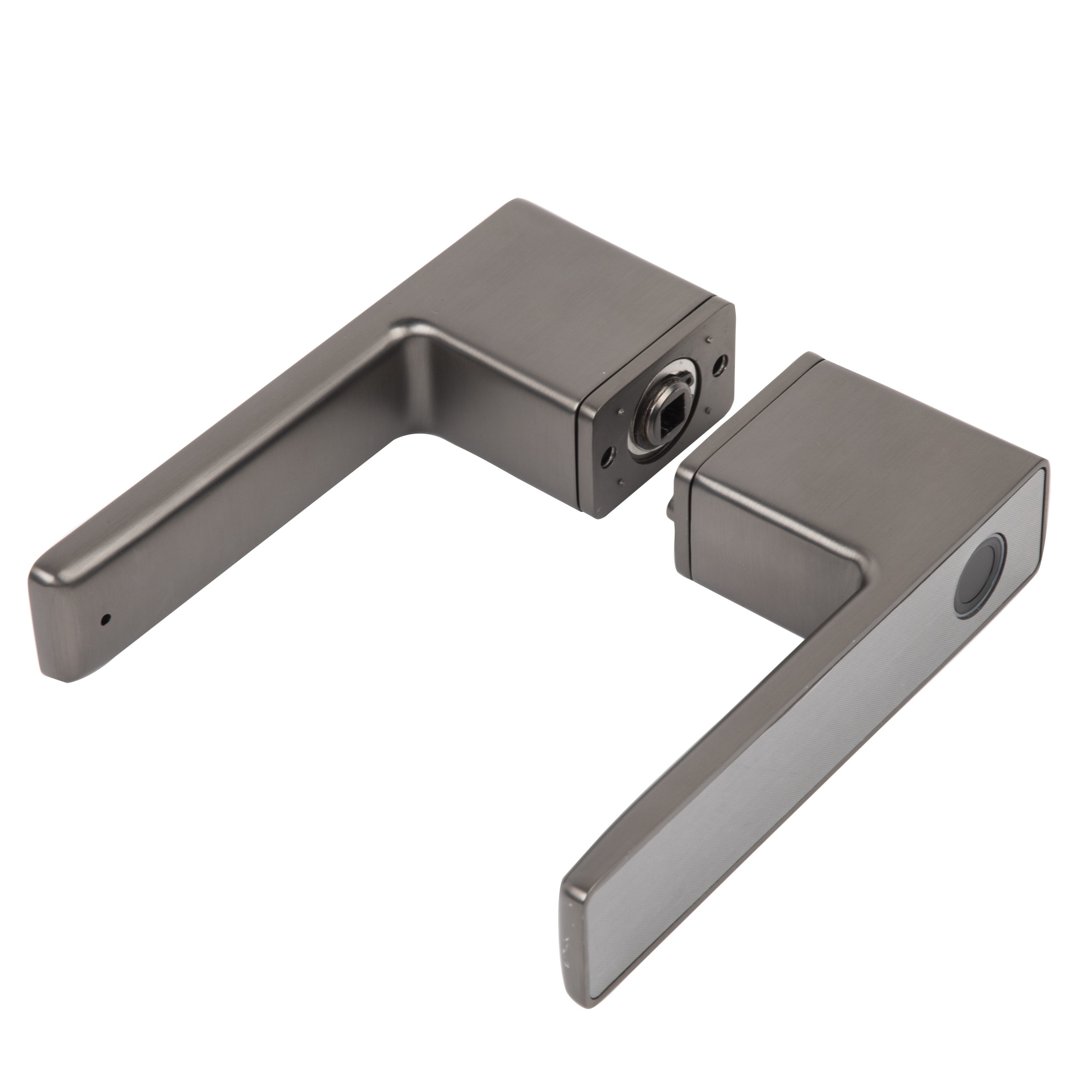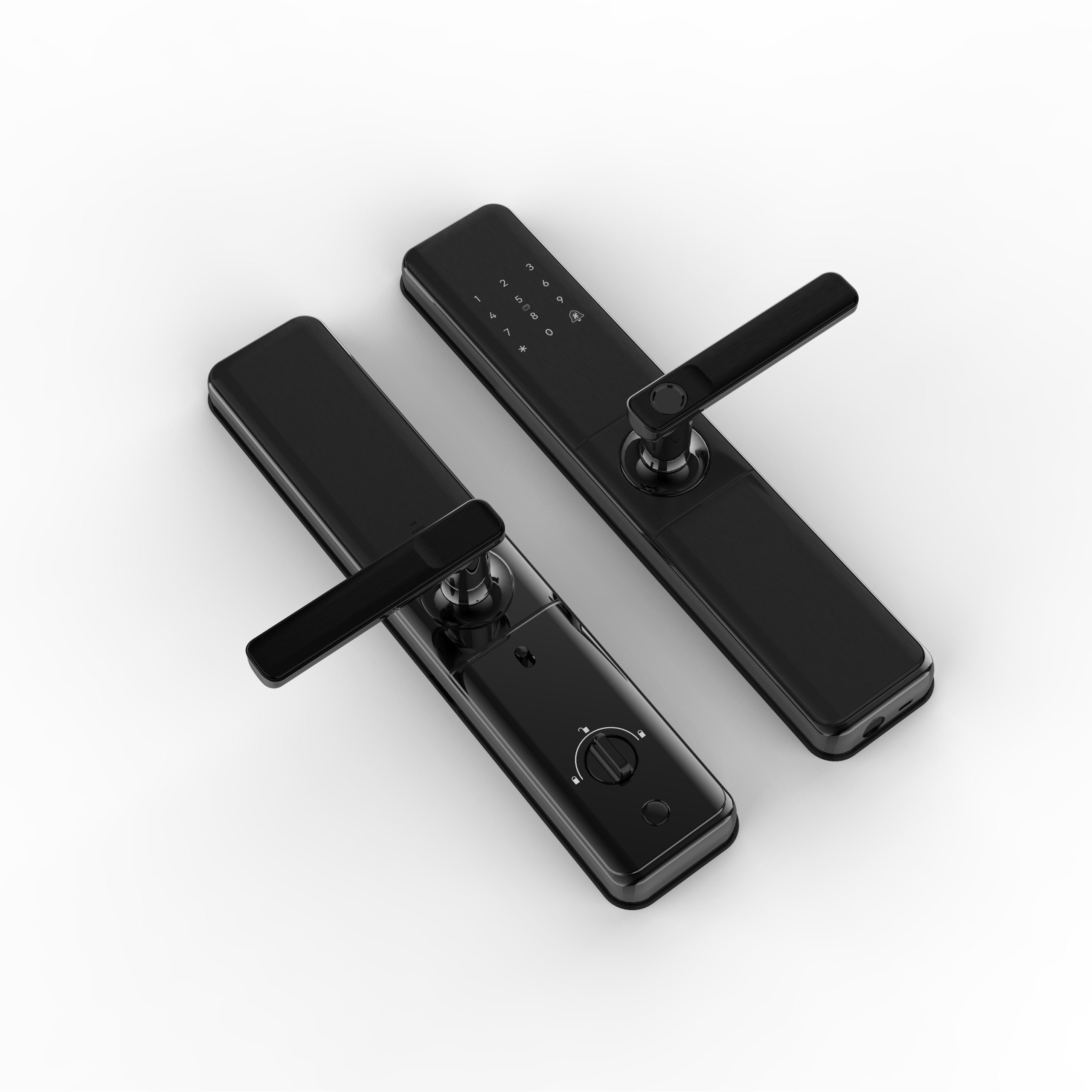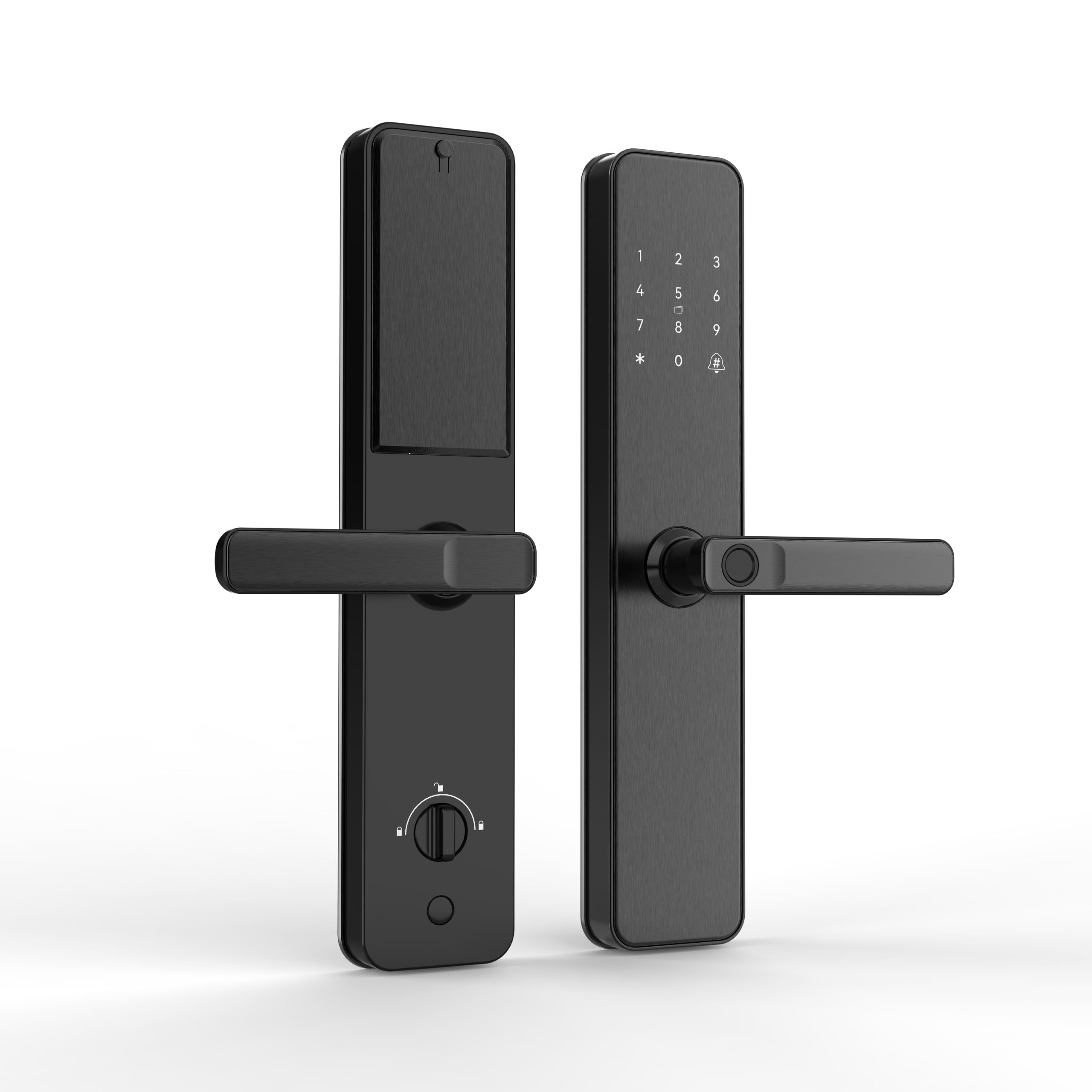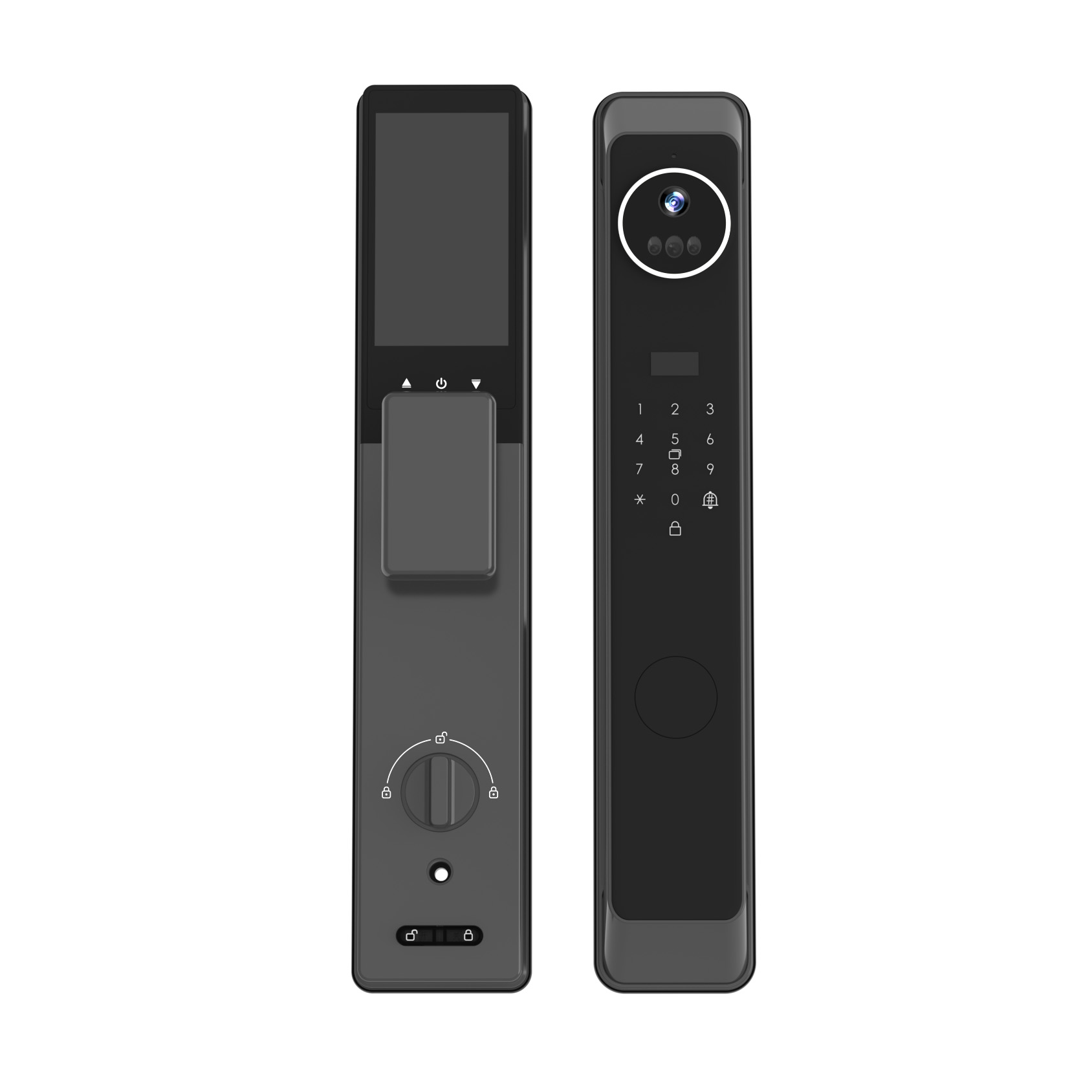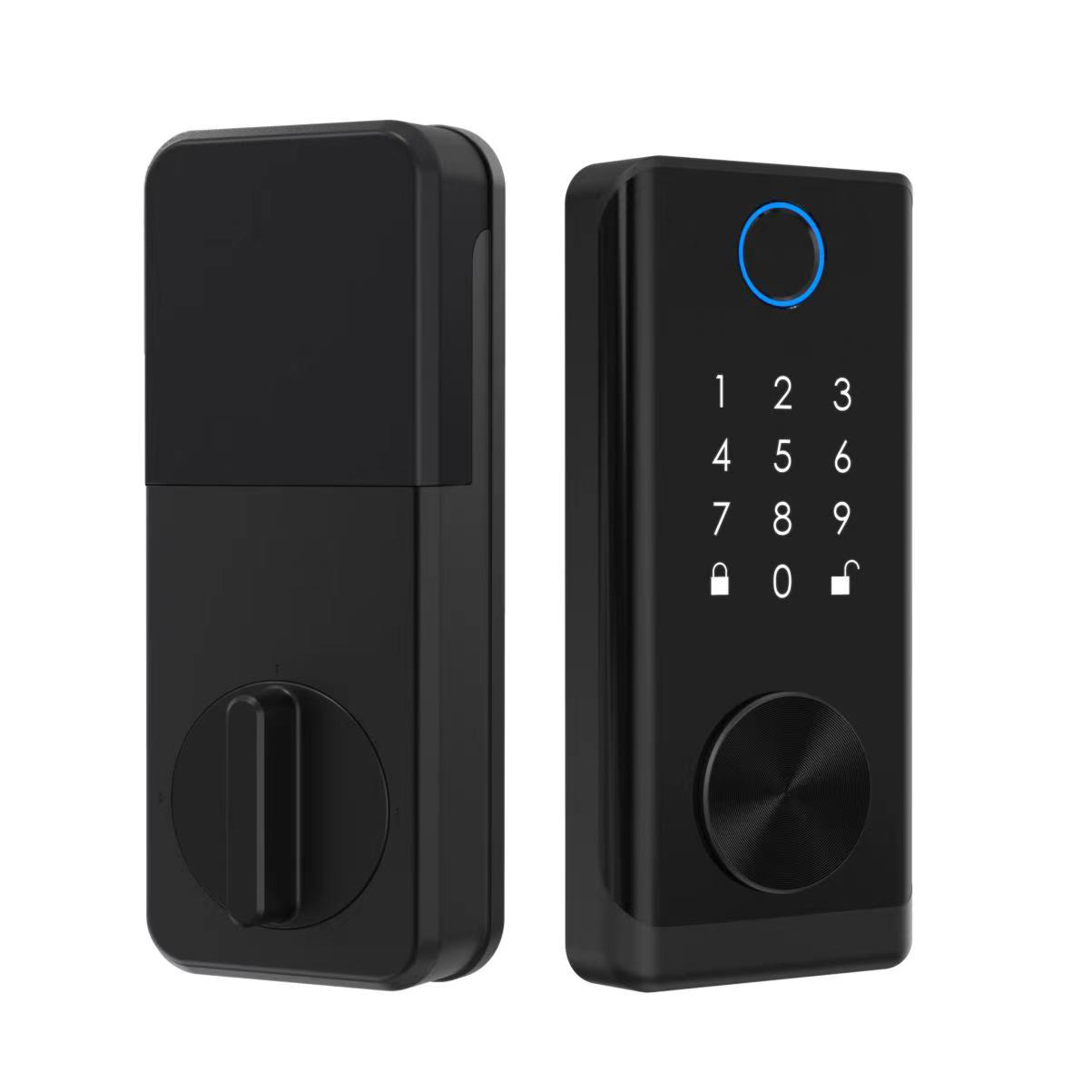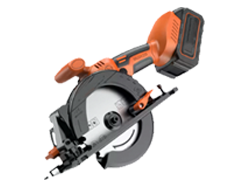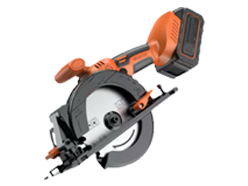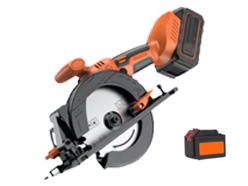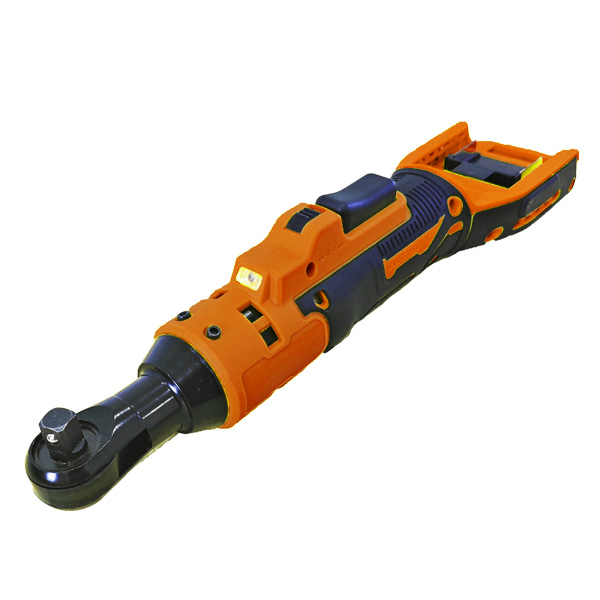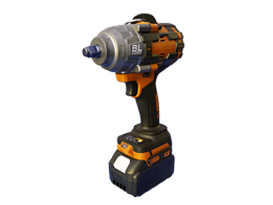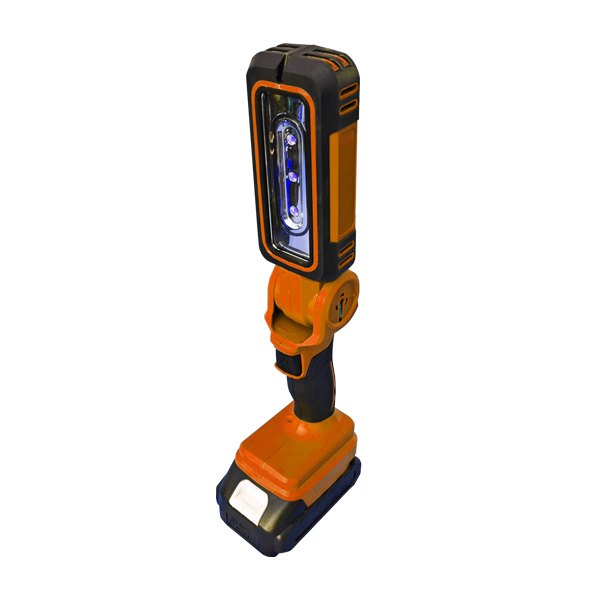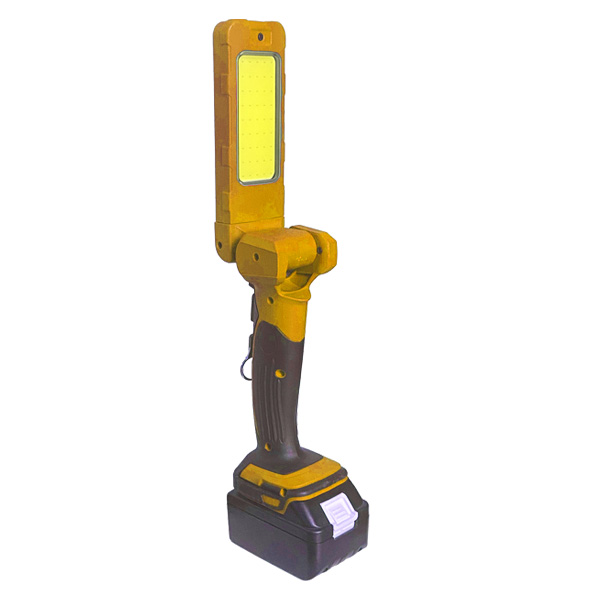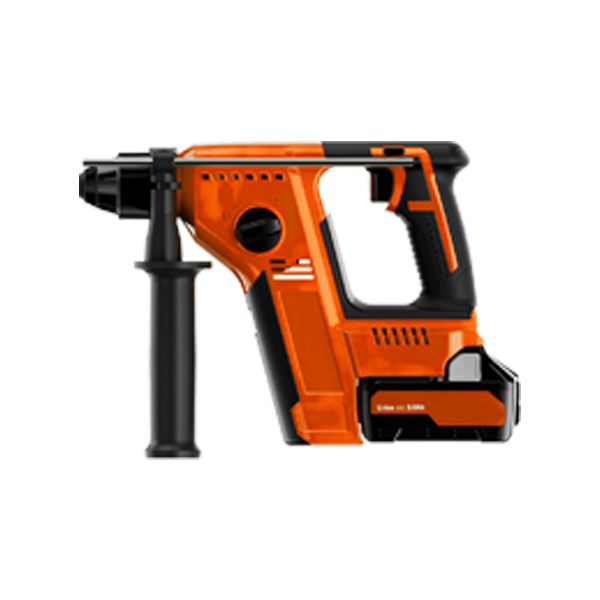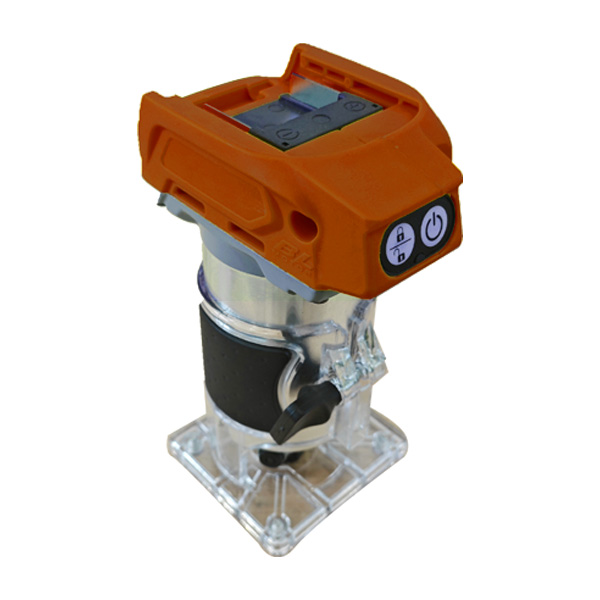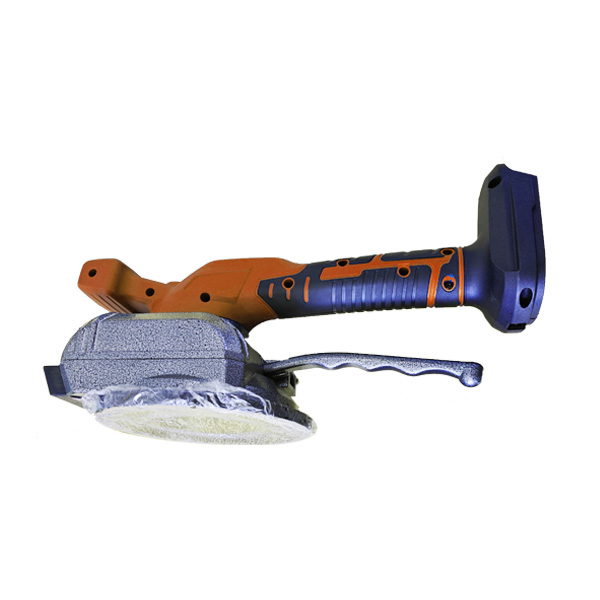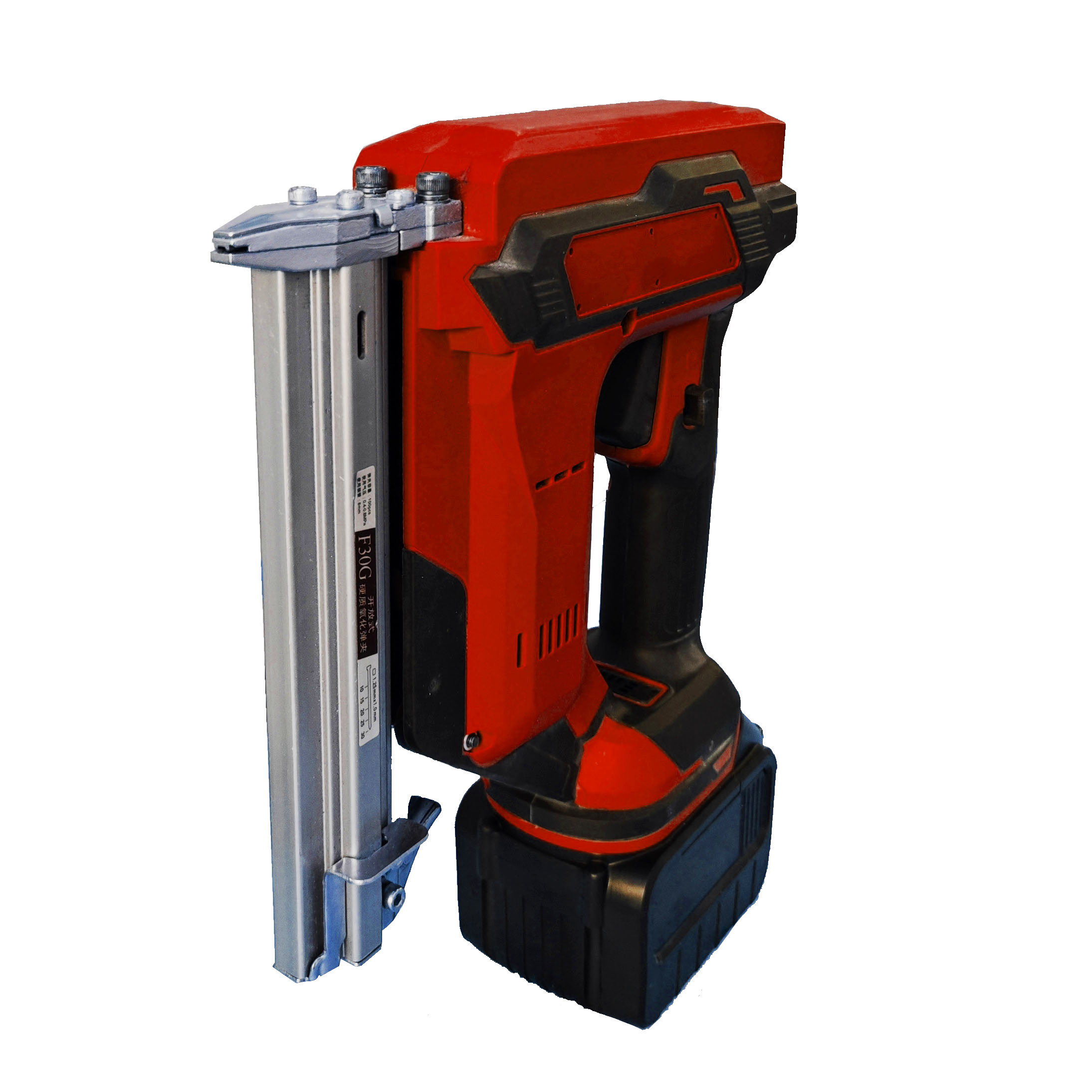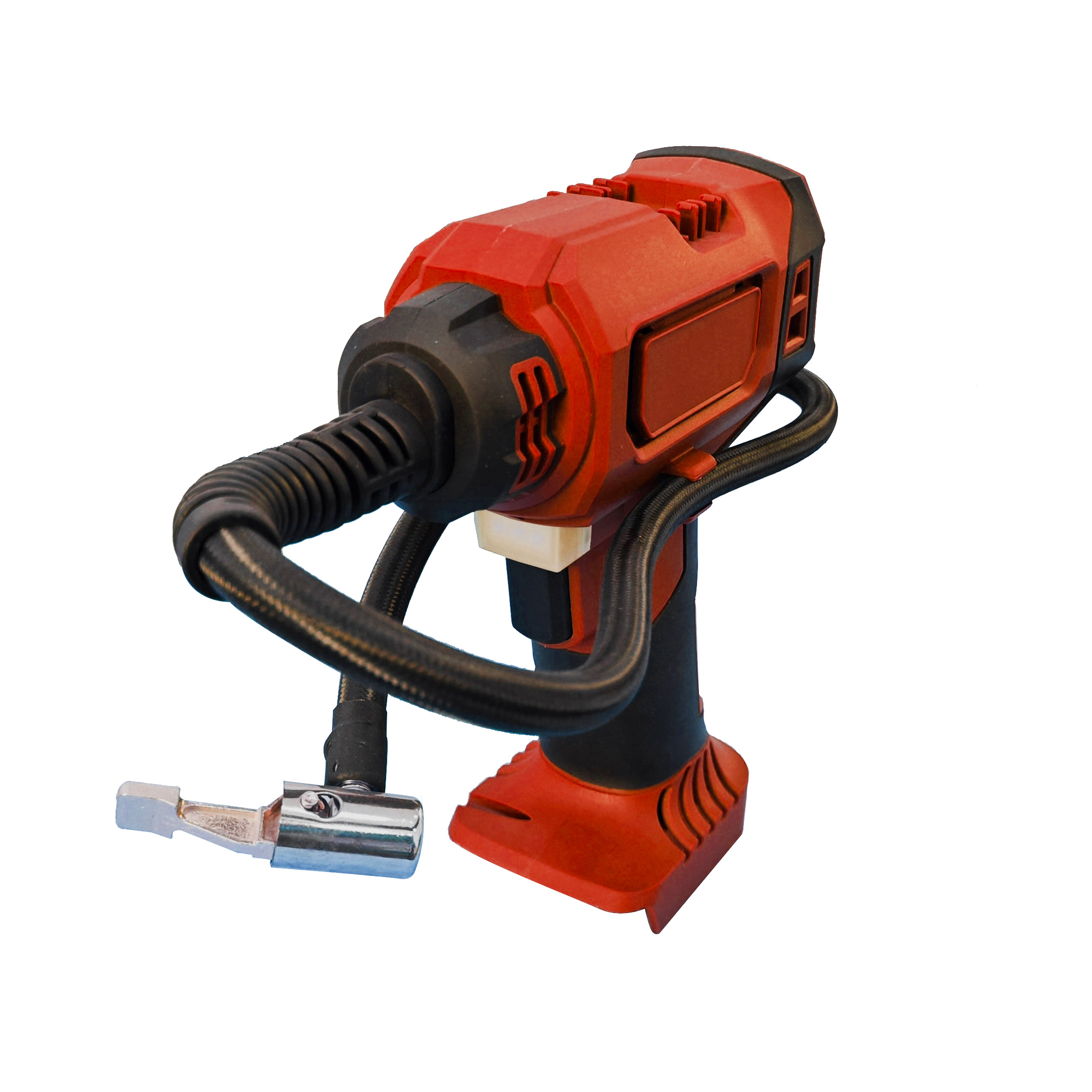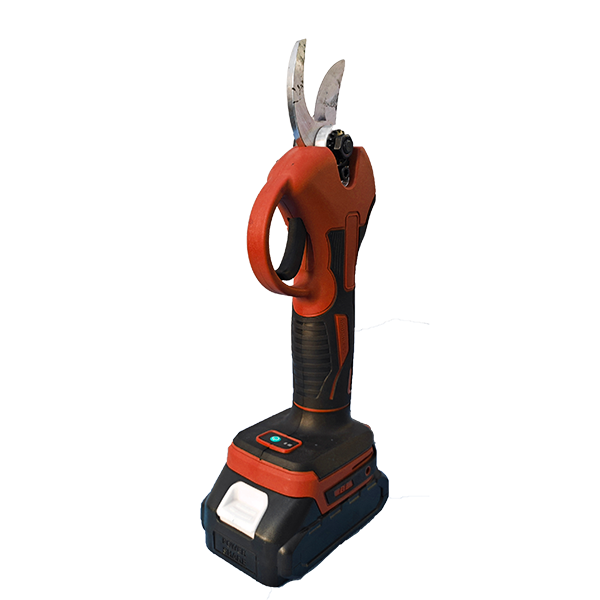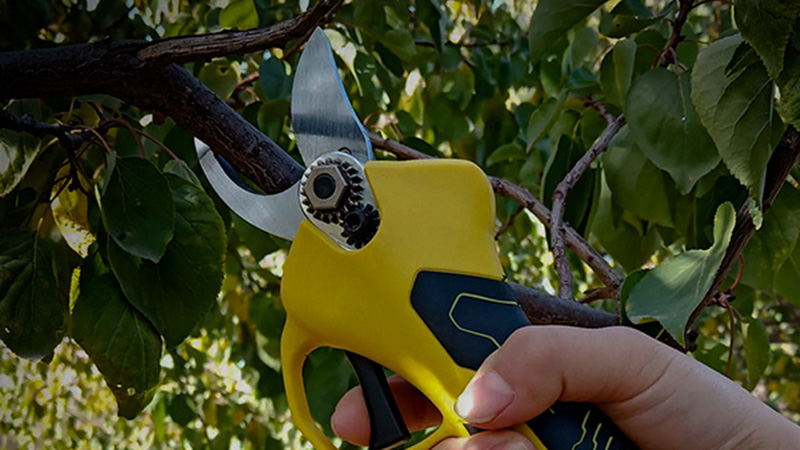Are you considering a smart lock for your home but worried about needing constant Wi-Fi? You're not alone! Many people wonder if smart locks need wifi to function. This article breaks down everything you need to know about smart locks without wi-fi, exploring how they work, their benefits, and if they're the right choice for you. We'll help you understand your options for secure and convenient keyless entry, even without a wi-fi connection. Keep reading to discover the perfect smart door lock solution for your needs!
1. What Exactly is a Smart Lock and Why Choose One for Your Door Lock for Home?
A smart lock is more than just a fancy gadget; it's a modern upgrade to your door lock that brings convenience and enhanced security to your home. Unlike traditional locks that rely on physical keys, smart locks use digital technology to lock and unlock your doors. Think of it as replacing your old key with your smartphone, a keypad, or even your fingerprint!

But why should you consider a smart door lock for your door lock for home? The reasons are compelling:
- Keyless Entry: No more fumbling for keys in the dark or worrying about lost keys. Smart locks offer various entry methods like passcodes, smartphone apps, and biometrics. This ease of use is a major draw for busy families and individuals.
- Enhanced Security: Many smart locks offer advanced security features such as activity logs, tamper alerts, and remote monitoring. You can see who lock or unlocks your door and receive notifications about lock activity, adding a layer of protection to your home.
- Remote Control: Some smart locks with wi-fi connectivity allow you to lock remotely or unlock your door for guests even when you're not at home. This is incredibly useful for letting in service providers or family members.
- Convenience for Everyone: For families with children or elderly members, smart locks can simplify entry and exit. No more making extra keys or worrying about keys being misplaced.
- Integration with Smart Home Systems: Many wi-fi smart lock options seamlessly integrate with broader smart home ecosystems, allowing you to control your door lock along with lights, security systems, and other smart devices.
As a leading smart lock manufacturers, we understand the growing demand for these innovative security solutions. People are looking beyond traditional locks for enhanced control and convenience. Whether you prioritize cutting-edge tech or simple, reliable security, there's a type of smart lock designed to fit your lifestyle.
2. Do All Smart Locks Require Wi-Fi Connectivity? Understanding Wi-Fi Smart Lock vs. Offline Options
A common misconception is that all smart locks require wi-fi to operate. While wi-fi smart lock models are popular, the good news is that smart locks do work without wi-fi! The world of smart door locks is diverse, offering solutions for various needs and connectivity preferences.
To understand this better, let's categorize different types of smart locks based on their connectivity:
- Wi-Fi-Enabled Smart Locks: These locks with wi-fi connect directly to your home wi-fi network. This wi-fi connection allows for remote control via a smart lock app, real-time notifications, and integration with other smart home devices. Examples include the Halo Wi-Fi Smart Lock and some Yale Smart Locks.
- Bluetooth Smart Locks: These bluetooth smart locks rely on bluetooth technology for communication, typically connecting to your smartphone or other smart devices within a short range. They function without wi-fi, making them ideal for situations without an internet connection or when you prefer local control.
- Z-Wave or Zigbee Smart Locks: These locks connect to a smart home hub using Z-Wave or Zigbee protocols. While they don't directly use Wi-Fi for the lock itself, the hub usually requires an internet connection to enable remote access and broader smart home integration.
- Offline Smart Locks: These locks do not require any wireless connection – neither Wi-Fi nor Bluetooth – for basic operation. They often use keypad entry or fingerprint recognition and are completely standalone.
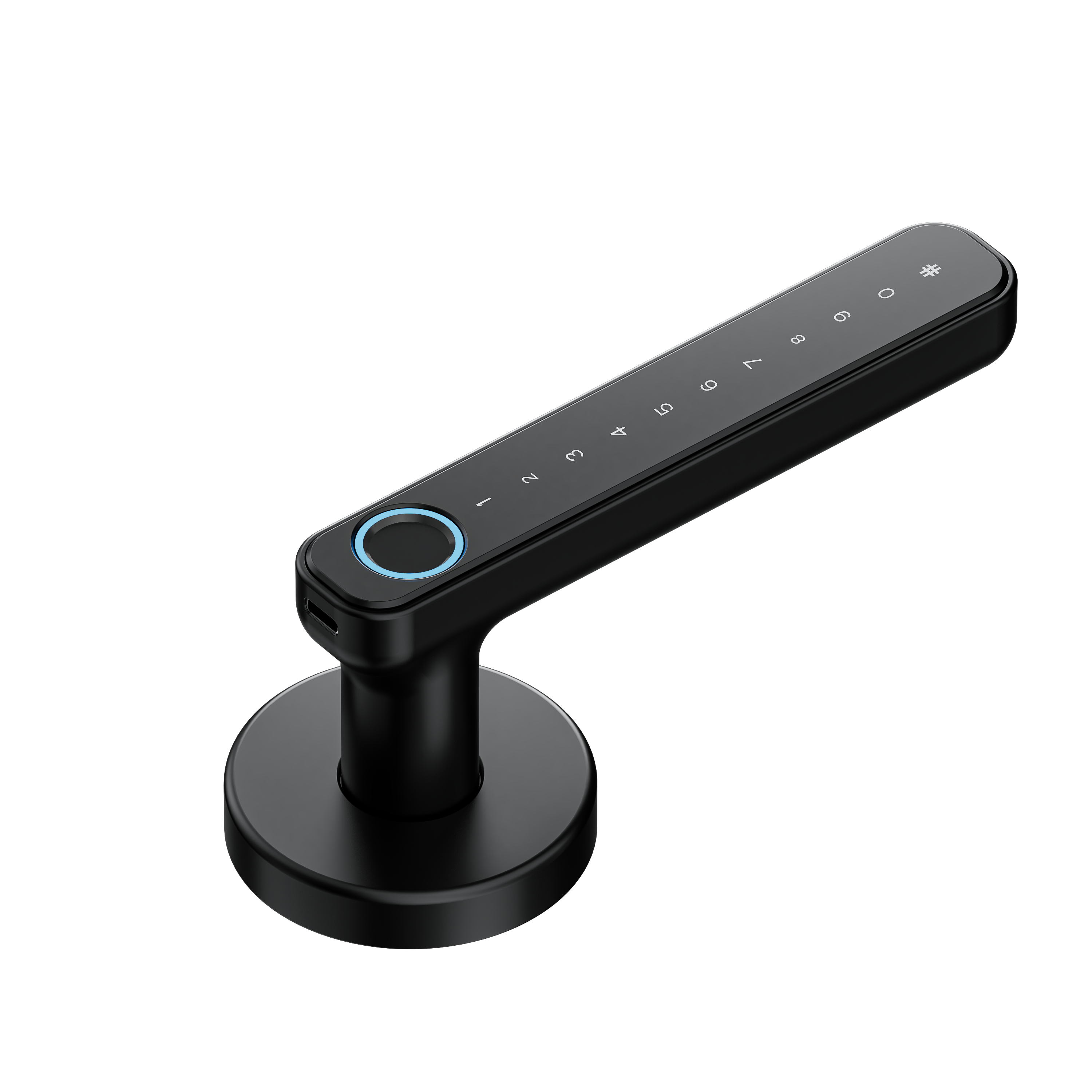
So, whether smart locks need wifi depends entirely on the type of smart lock you choose. If remote access and seamless smart home integration are crucial, a wi-fi smart lock is the way to go. However, if you prioritize offline functionality, enhanced privacy, or simpler setup, smart locks without wi-fi are excellent alternatives. Many smart locks on the market are designed to function without wi-fi for core features like keyless entry and access control.
3. How Do Smart Locks Without Wi-Fi Work? Exploring Bluetooth and Other Technologies
If smart locks work without wi-fi, how do they actually function? The answer lies in alternative communication technologies, primarily bluetooth, and direct access methods like keypads and biometrics.
Here's a breakdown of how smart locks without wi-fi operate:
- Bluetooth Connectivity: Bluetooth smart locks utilize communication protocols such as bluetooth to connect to your smartphone or other authorized smart devices. When you're within bluetooth range (typically a few meters), you can use a smart lock app on your phone to lock and unlock the door. This connection is direct and doesn't rely on a wi-fi network. Think of it like connecting your phone to wireless headphones – it's a local, point-to-point connection.
- Keypad Entry: Many locks that do not require Wi-Fi feature a built-in keypad. You can create and manage access codes for yourself, family members, or guests. To unlock a smart lock without using a phone, simply enter the correct code on the keypad. This method is reliable and independent of any wireless signal.
- Fingerprint Recognition: Some advanced smart locks also incorporate fingerprint scanners. These biometric locks utilize your unique fingerprint to grant access. This is a highly secure and convenient option, especially for primary residents.
- Physical Keys (Backup): Even smart locks without wi-fi often include a traditional key cylinder as a backup. This ensures you can always lock or unlock your door manually, even if the batteries are dead or the electronic components malfunction.

Essentially, smart locks without wi-fi prioritize local control and access. They are designed to function without relying on a constant internet connection. This makes them robust and dependable in situations where Wi-Fi is unreliable or unavailable. While you might miss out on remote control features, you gain enhanced privacy and a simpler, more self-contained security system. For users to lock and unlock their doors easily and securely, bluetooth and keypad-based smart locks offer excellent solutions.
4. What are the Key Advantages of Smart Locks That Function Without a Wi-Fi Connection?
Choosing a smart lock without wi-fi comes with a set of distinct advantages, particularly for those who value privacy, simplicity, and reliability in their door lock systems.
Here are some key benefits:
- Enhanced Privacy: Smart locks work without wi-fi do not transmit data over the internet, reducing the risk of hacking or unauthorized access through a wi-fi network. For privacy-conscious individuals, this is a significant advantage. Your lock activity remains local and under your direct control.
- Increased Reliability in Areas with Unstable Wi-Fi: If you live in an area with unreliable wi-fi connectivity or experience frequent internet outages, a smart lock without wi-fi ensures your door lock remains functional. You can always users to lock and unlock your door, regardless of your internet status.
- Simpler Setup and Installation: Smart locks without wi-fi are generally easier to set up than wi-fi-enabled smart locks. You don't need to connect them to your home network, simplifying the installation process. This ease of use makes them attractive for DIY enthusiasts.
- Lower Power Consumption: Without the constant demand of a wi-fi connection, smart locks without wi-fi often have better battery life. This means less frequent battery changes and more consistent operation.
- Cost-Effectiveness: Bluetooth locks and other locks that do not require Wi-Fi can sometimes be more affordable than their wi-fi-enabled smart locks counterparts. If you don't need remote access, you can save money by opting for a smart lock without Wi-Fi.
- Ideal for Locations Without Wi-Fi: For locations where Wi-Fi is not available, such as garages, sheds, or vacation homes in remote areas, smart locks without wi-fi are the perfect solution. They provide keyless entry and enhanced security even without the internet.
For procurement officers like Mark Thompson, considering these advantages is crucial. When sourcing smart locks for hardware stores or construction projects, offering a range of options, including reliable and private smart locks without wi-fi, can cater to a broader customer base. As a factory with 7 production lines in China, we focus on producing high-quality, versatile smart locks to meet diverse market needs.
5. Are There Any Drawbacks to Choosing a Smart Lock Without Wi-Fi Connectivity?
While smart locks without wi-fi offer numerous benefits, it's important to consider potential drawbacks to make a fully informed decision. Understanding these limitations will help you determine if a smart lock without Wi-Fi is truly the right fit for your needs.
Here are some potential disadvantages:
- Lack of Remote Control: The most significant limitation is the inability to lock remotely or unlock your door lock from a distance. You cannot grant access to visitors or check lock activity when you are away from home. This feature, available with wi-fi-enabled smart locks, is a major convenience for many users to lock.
- Limited Smart Home Integration: Smart locks without wi-fi typically do not directly integrate with broader smart home systems. They cannot communicate with voice assistants like Alexa or Google Assistant, or be part of automated scenes with other smart devices.
- Shorter Operational Range: Bluetooth locks have a limited operational range. You need to be within bluetooth range of the door lock to control it with your smartphone. This is in contrast to wi-fi-enabled smart locks which can be controlled from anywhere with an internet connection.
- Fewer Advanced Features: Some smart locks offer advanced features like real-time video monitoring or automatic locking/unlocking based on location (geofencing), which often require wi-fi connectivity. Locks also without Wi-Fi may have a more basic feature set.
- Software Updates May Be Less Seamless: While some smart locks without wi-fi can receive updates via bluetooth and a smartphone app, the process might not be as seamless or automatic as with wi-fi-enabled smart locks that can receive over-the-air updates.

For Mark Thompson's business, understanding these drawbacks is vital for advising customers. While smart locks without wi-fi are excellent for privacy and reliability, customers who prioritize remote access and comprehensive smart home integration might find wi-fi-enabled smart locks more suitable. Offering both types ensures catering to diverse customer preferences and needs in the competitive market. As a Chinese factory, we are committed to providing a wide range of smart lock solutions to meet these varied demands.
6. What Types of Smart Locks are Best Suited for Offline Use?
When considering smart locks for offline functionality, certain types stand out as particularly well-suited. These locks prioritize local access and security without relying on a constant wi-fi connection.
Here are the type of smart lock best for offline use:
- Bluetooth Smart Locks: As discussed earlier, bluetooth smart locks are designed to function without wi-fi. They offer a balance of smart features and offline operation. They are ideal for users who want keyless entry and smartphone control within a limited range, without the need for a wi-fi network.
- Keypad Smart Locks: Keypad smart locks are inherently offline. They rely solely on passcode entry, making them incredibly reliable and independent of any wireless network. They are perfect for situations where simplicity and robustness are paramount. Many electronic locks in commercial settings utilize keypad access for this reason.
- Fingerprint Smart Locks: Fingerprint recognition smart locks also excel in offline scenarios. They offer high security and convenience using biometric authentication, without requiring any internet connection for basic operation. These are becoming increasingly popular for home use due to their ease of use and security.
- Standalone Z-Wave or Zigbee Locks (with Local Control): While Z-Wave and Zigbee locks connect to hubs, some models offer local control even if the hub is offline. In these cases, you might lose remote access, but you can still lock and unlock the door using a keypad, fingerprint, or bluetooth (depending on the model) as long as you are within local range.
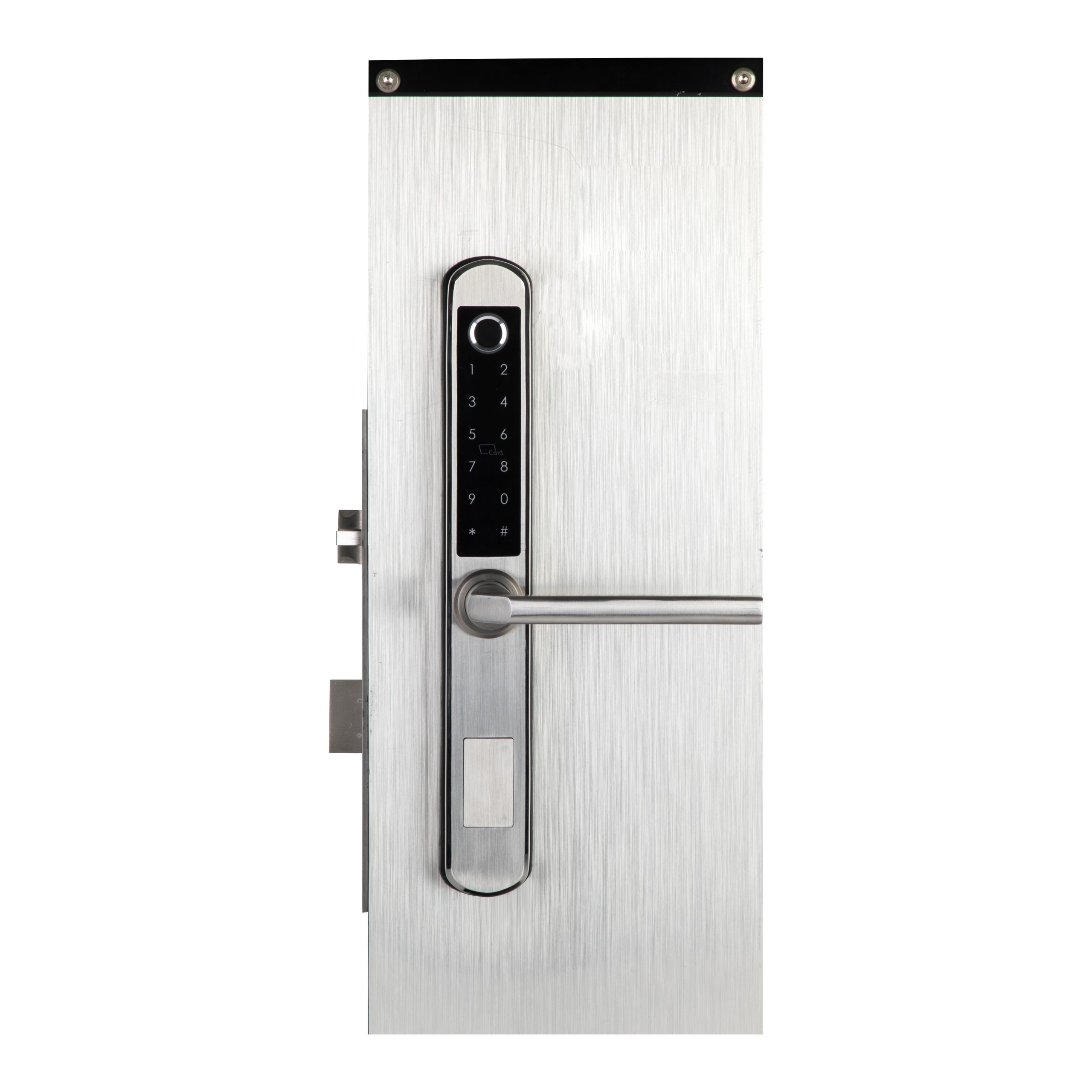
For customers like Mark Thompson's clientele, who value reliability and privacy, these offline-capable smart locks are ideal. Whether it's for a remote cabin, a rental property where Wi-Fi setup is complex, or simply for enhanced peace of mind regarding privacy, locks are generally best choice when function without wi-fi is a priority. As a leading smart lock supplier, we offer a diverse range of these offline-friendly options to meet varying customer needs.
7. Bluetooth Smart Locks: Are They a Reliable Wi-Fi Alternative for Your Smart Door?
Bluetooth smart locks have emerged as a strong and reliable alternative to wi-fi-enabled smart locks, particularly for those seeking offline functionality and enhanced privacy. They offer a compelling blend of smart features and independence from a wi-fi connection.
Here's why bluetooth smart locks are a reliable Wi-Fi alternative:
- Offline Operation: The primary advantage is their ability to function without wi-fi. Bluetooth technology provides a direct, local communication channel between your smartphone and the smart door lock. This ensures your door lock remains operational even during internet outages or in locations without Wi-Fi.
- Enhanced Privacy: Since bluetooth smart locks do not rely on the internet, they minimize the risk of online hacking and data breaches. Lock activity is primarily stored locally and accessed via bluetooth, offering a greater degree of privacy compared to wi-fi-enabled smart locks.
- Good Security Features: Many bluetooth smart locks still offer robust security features, including encryption, activity logs (stored locally), and tamper alerts. While they may not have the remote monitoring capabilities of wi-fi-enabled smart locks, they provide excellent local security.
- Convenient Keyless Entry: Bluetooth allows for convenient keyless entry via a smart lock app on your smartphone. You can lock and unlock your door with a tap on your phone screen when you are within bluetooth range.
- Suitable for Various Applications: Bluetooth locks are well-suited for residential homes, apartments, offices, and rental properties. They offer a balance of security, convenience, and offline reliability, making them versatile for many smart applications.

However, it's important to remember the limitations. Bluetooth range is limited, and you lose remote control features. For situations where local, reliable, and private keyless entry is the priority, bluetooth smart locks are an excellent and reliable Wi-Fi alternative. For businesses like Mark Thompson's, offering bluetooth smart locks alongside wi-fi-enabled smart locks provides customers with a comprehensive choice to match their specific security and connectivity needs.
8. Wi-Fi Smart Locks: When is Wi-Fi Connectivity the Better Choice for Smart Home Integration?
While smart locks without wi-fi are excellent for specific scenarios, wi-fi smart lock options shine when smart home integration and remote access are key priorities. Wi-fi connectivity unlocks a range of advanced features and conveniences that are not possible with offline locks.
Here's when wi-fi connectivity makes wi-fi smart locks the better choice:
- Remote Access and Control: The most significant advantage of wi-fi-enabled smart locks is the ability to control your door lock from anywhere in the world via an internet connection. You can lock remotely, unlock for guests, and check lock activity logs from your smartphone, no matter where you are.
- Seamless Smart Home Integration: Wi-fi smart lock models integrate seamlessly with popular smart home platforms like Amazon Alexa, Google Assistant, and Apple HomeKit. This allows you to control your door lock using voice commands, create automated routines, and integrate it with other smart devices like lights, thermostats, and security systems.
- Real-time Notifications and Alerts: Wi-fi-enabled smart locks can send real-time notifications to your smartphone about lock activity, such as when the door is locked, unlocked, or if there's a tamper attempt. This provides enhanced security monitoring and peace of mind.
- Guest Access Management: Managing guest access is significantly easier with wi-fi smart lock models. You can create and revoke virtual keys or access codes remotely, making it ideal for rental properties or for managing access for service providers.
- Advanced Features: Many wi-fi-enabled smart locks offer advanced features such as video doorbell integration, geofencing (automatic locking/unlocking based on your location), and integration with security cameras. These features enhance both convenience and security.
For homeowners who are building a comprehensive smart home ecosystem and value remote control and advanced features, wi-fi smart lock options are undoubtedly the superior choice. While they require wi-fi to operate fully, the added convenience and integration capabilities are well worth it for many users to lock. For businesses catering to tech-savvy customers, offering a range of wi-fi-enabled smart locks, including the latest 4th-generation wi-fi lock models, is essential to meet market demands.
9. Choosing the Right Smart Lock: Balancing Security, Convenience, and Wi-Fi Need
Selecting the "right" smart lock isn't about finding a universally "best" option, but rather choosing the one that best aligns with your specific needs, priorities, and home environment. The decision often boils down to balancing security, convenience, and your need for wifi.
Here's a guide to help you navigate the purchasing a smart lock decision:
- Assess Your Connectivity Needs: Do you have reliable wi-fi connectivity? Is remote access and smart home integration crucial for you? If yes, a wi-fi smart lock might be ideal. If not, or if privacy is a top concern, consider smart locks without wi-fi.
- Prioritize Security Features: Regardless of wi-fi dependency, prioritize locks with advanced security features. Look for strong encryption, tamper alerts, and robust build quality. Consider smart locks with physical key backups for emergencies.
- Consider Convenience Factors: Think about how you and your family will primarily lock and unlock the door. Keypad entry? Smartphone app? Fingerprint? Choose a type of smart lock that offers convenient entry methods for everyone in your household. Also, consider ease of use for guest access if needed.
- Evaluate Battery Life: Check the expected battery life of the smart lock. Locks also with lower power consumption (often smart locks without wi-fi) can be more convenient in the long run. Consider battery replacement or recharging options.
- Think About Installation: Some smart locks are easier to install than others. If you're a DIY enthusiast, you might prefer a simpler installation process, often found with smart locks without wi-fi. For complex wi-fi-enabled smart locks, professional installation might be recommended.
- Set a Budget: Smart lock amounts vary significantly in price. Determine your budget and explore options within that range. Remember that smart locks without wi-fi can sometimes be more cost-effective.
- Read Reviews and Compare Brands: Research different smart lock manufacturers and read customer reviews. Compare features, reliability, and customer support. Look at reputable brands like Yale Smart Locks and others known for quality and security.
Ultimately, choosing the right smart lock is a personal decision. By carefully considering your needs and weighing the pros and cons of wi-fi and offline options, you can find the perfect smart door lock to enhance your home security and convenience.
10. Sourcing High-Quality Smart Locks Without Wi-Fi from a Leading Manufacturer in China
For businesses like Mark Thompson's, sourcing reliable and cost-effective smart locks is crucial. China has become a global hub for smart lock manufacturers, offering a wide range of products, including high-quality smart locks without wi-fi.
As China OEM Lithium Power Tools Manufacturers, Factory, we at Savage Tools are expanding our expertise into the smart lock industry. With 7 production lines and a commitment to high-quality materials and efficient and powerful performance, we are positioned to be a trusted supplier of smart door locks.
Here's why sourcing smart locks from a Chinese manufacturer like us is a smart choice:
- Competitive Pricing: Chinese manufacturers can offer smart locks at competitive prices due to efficient production processes and economies of scale. This allows businesses to maximize their profit margins while offering quality products to their customers.
- Wide Range of Products: We offer a wide range of tools, and we are extending this to smart locks, including various types of smart locks, both wi-fi-enabled smart locks and smart locks without wi-fi. This allows you to source a diverse product portfolio from a single supplier.
- Customization Options: OEM (Original Equipment Manufacturer) capabilities mean we can offer customization options to meet specific market needs. This includes branding, feature adjustments, and packaging modifications.
- Compliance with International Standards: We understand the importance of certifications for international markets. Our smart locks are designed to be compliant with international safety standards, and we can provide certifications like CE and UL to meet regulatory requirements in the USA, Europe, Australia, and North America – our main export countries.
- Efficient Logistics: Located in China, we have established logistics channels to ensure efficient and timely shipment of orders to destinations worldwide. We understand the importance of avoiding shipment delays for our B2B customers.
For procurement officers like Mark Thompson, partnering with a reputable Chinese factory like Savage Tools offers a reliable source for cost-effective cordless lithium power tools and increasingly, smart locks. We prioritize quality inspection, transparent payment methods, and clear communication. We understand the pain points of international sourcing and strive to be a trustworthy and efficient partner. Visit our website at savagetools.net to explore our product range and learn more about our capabilities. You can also check out our Cordless Lithium Impact Wrench SG-IWN380-BL21, a testament to our manufacturing quality. For another example of our robust product line, see our Laser Level SG-LL16-MX3. And for home security solutions, consider our range starting with the Custom Home Security Tuya 3D Face Smart Locks Waterproof Digital Fingerprint Door Lock—Y8.
11. Key Takeaways: Making the Smart Choice for Your Keyless Entry System
Choosing the right smart lock involves understanding your needs and the different types available. Here’s a summary of the most important things to remember when purchasing a smart lock:
- Smart locks do work without wi-fi! Bluetooth locks, keypad locks, and fingerprint locks offer reliable offline operation.
- Wi-Fi smart locks provide remote access, smart home integration, and advanced features, but require a stable wi-fi connection.
- Bluetooth smart locks offer a good balance of smart features and offline functionality, enhancing privacy and reliability.
- Consider your need for wifi, security priorities, convenience preferences, and budget when making your choice.
- Sourcing smart locks from a reputable Chinese manufacturer like Savage Tools can provide cost-effective, high-quality solutions.
By carefully considering these points, you can confidently choose the smart lock that best secures your home and simplifies your life!
Post time: 2 月-06-2025

